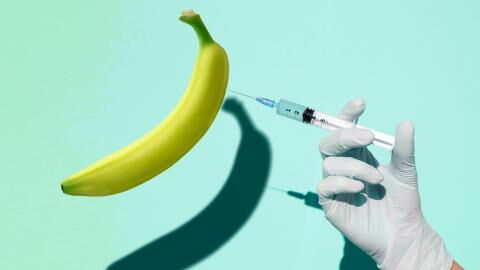According to the study, people who got infected with the virus, three weeks after receiving their first Pfizer or AstraZeneca jab, were 38% to 49% less likely to transmit the infection to other members of their household. Given that the rate of transmission is considerably higher within households, these results are very encouraging, and the PHE stated that similar patterns could be seen in settings like shared accommodations, and prisons.
Discover our latest podcast
PHE’s research
The research observed 57,000 people, from 24,000 households, who were in contact with someone who already received their first jab. They reached their conclusion after comparing the rate of transmission from a vaccinated person infected with COVID, against that of an unvaccinated person with the infection.
Dr. Mary Ramsay, head of immunisation at PHE told the BBC:
Vaccines are vital in helping us return to a normal way of life. Not only do vaccines reduce the severity of illness and prevent hundreds of deaths every day, we now see they also have an additional impact on reducing the chance of passing Covid-19 on to others.
She also stated that everyone who gets vaccinated should continue to follow all the necessary safety precautions, including social distancing, sanitising, and regularly washing your hands.
The PHE is going to carry on with their study and expand it to further analyse the rate of transmission after people get their second COVID jab.
Celebrating the results
Though the study is yet to be peer-reviewed, officials are already beginning to celebrate the good news. Health Secretary, Matt Hancock said:
We already know vaccines save lives and this study is the most comprehensive real-world data showing they also cut transmission of this deadly virus.
Matt Hancock is expected to speak more about the study during his announcement at 5 pm this evening. He will also be addressing the concerns over the new Indian variants found in Leicestershire.















